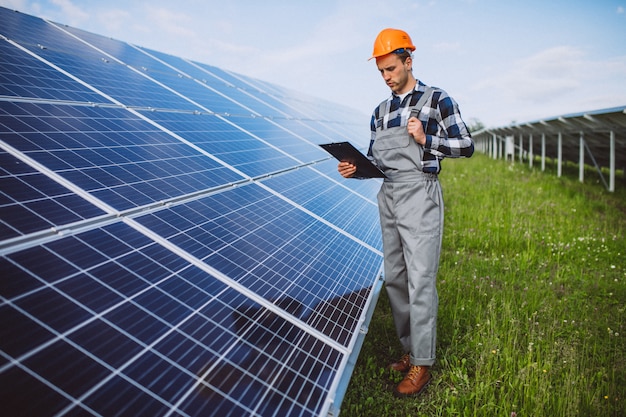
Thinking about getting solar panels? It’s important to consider the advantages and disadvantages. Solar energy offers exciting possibilities for homeowners but has its pros and cons.
**Pros of Solar Panels:**
1. **Lower or Eliminated Electricity Bills:**
Switching to solar energy can lead to significant savings on electricity bills. Depending on where you live, the size of your home, and your power usage, you might save between $10,000 and $30,000 over 20 years. As electricity costs rise about five percent annually, solar energy can help reduce this financial burden.
2. **Increased Home Value:**
Having solar panels can boost your property’s value. Nationwide, homebuyers are willing to pay around $15,000 more for homes with average-sized solar installations. If you plan to sell your home soon, you could recover the cost of the panels and even make a profit.
3. **Reduced Carbon Emissions:**
Solar panels produce clean energy without emissions. While manufacturing them has a carbon footprint, the energy they generate is pollution-free. By installing solar panels, you can decrease your carbon emissions by over 3,000 pounds annually.
4. **Selling Excess Energy:**
Depending on where you live, net metering might be available. This means any excess solar energy you produce can be stored in the grid. You can get credit for this unused energy, potentially lowering your bills or even allowing you to sell it back to the grid.
5. **Energy Independence:**
Solar panels allow you to produce your own energy, reducing reliance on the traditional grid. Widespread adoption of solar energy could also promote national energy independence.
**Cons of Solar Panels:**
1. **High Upfront Costs:**
The initial expense for materials and installation can exceed $20,000 before federal tax credits. This significant upfront cost is a major downside. The total cost can vary by state incentives and specific situations.
2. **Long Return Time if Moving Soon:**
Although solar panels offer a good return on investment, it takes time to break even, with the U.S. average being about seven and a half years. Buying your system outright or financing with a loan can address this issue.
3. **Weather-Dependent:**
Solar panels depend on sunlight, so cloudy or overcast periods can reduce their efficiency. In regions with less sunshine, you may need to lower your expectations for winter energy production.
4. **Roof Compatibility Issues:**
Some older homes or historic properties with slate or cedar tiles might have compatibility issues with solar installations. Alternatives like ground-mounted panels or community solar gardens can solve this problem.
5. **Moving-Related Costs:**
If you install solar panels and then move, relocating them can be costly. Hiring a specialist to uninstall and reinstall your panels adds to expenses.
**Conclusion:**
Investing in solar panels involves a mix of pros and cons. Solar technology is always improving, but occasional hiccups are likely. Though the financial return might take some time, solar energy can offer a worthwhile and eco-friendly investment. It’s a clean, renewable power source that can help reduce your carbon footprint over time.